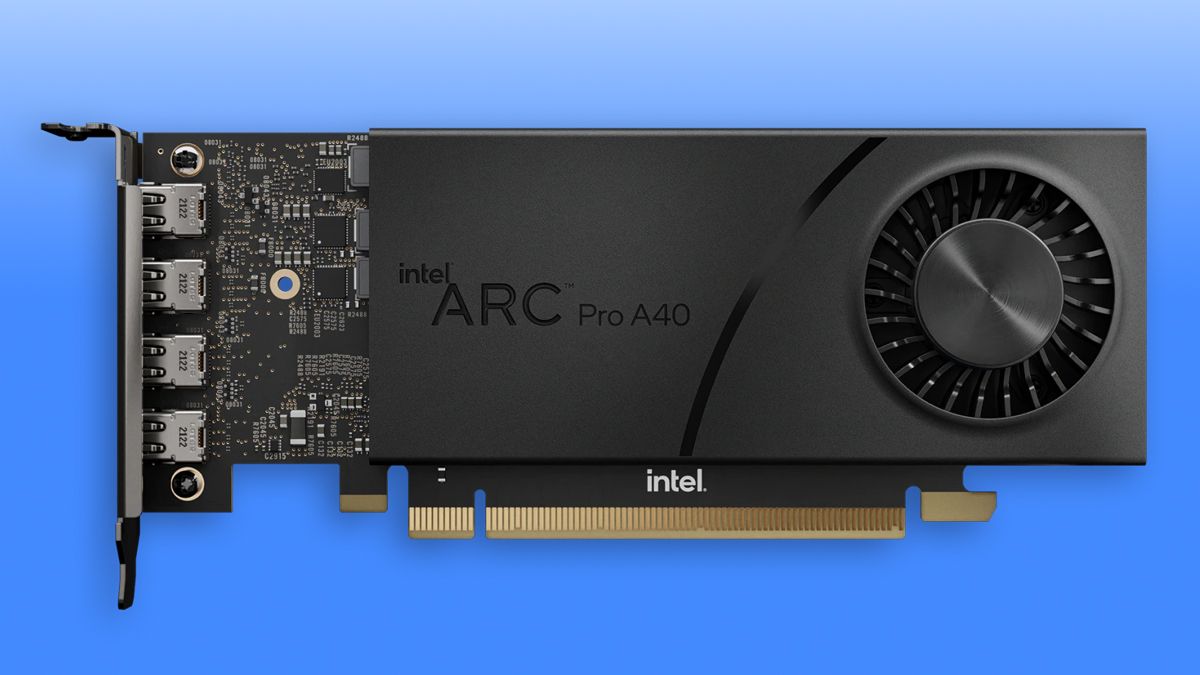Intel has released one single generation of Arc GPUs, and we’ve been left wondering about what’s next. Sadly, Intel might just give up on the idea.
Intel CEO Pat Gelsinger, during the company’s Q3 2024 earnings call, talked about many of the company’s future products. He discussed Intel’s future chips, and the complexities and low margins associated with the recently launched Lunar Lake architecture, which features external nodes and LPDDR5X memory integration. This approach, he declared, is a “one-off” and will not be carried forward in future CPUs like Panther Lake and Nova Lake. Instead, Intel will revert to a more traditional design with memory off-package. This decision, according to Gelsinger, is driven by the need for volume production and cost efficiency in the PC market.
For other products, though, the future is less clear. Further fueling speculation about Intel’s discrete GPU future, Gelsinger emphasized the company’s commitment to enhancing integrated graphics capabilities. He stated that this focus would reduce the market’s need for discrete graphics, suggesting a potential scaling back of Intel’s ambitions in the dedicated GPU space. Also notably absent from the discussion was any concrete mention of Arc Battlemage, the highly anticipated successor to the current Arc Alchemist GPUs.
This lack of information has led to speculation that Intel might be reconsidering its commitment to the discrete GPU market. The company’s initial foray with Arc Alchemist faced challenges, including driver issues and delays. It’s possible that these hurdles, coupled with the renewed focus on integrated graphics, have prompted a strategic shift within Intel.
While it remains unclear whether Intel will completely abandon its discrete GPU efforts, Gelsinger’s comments suggest, at the very least, that dedicated GPUs might not be a priority on Intel’s product pipeline. That’s a shame, considering AMD is also deprioritizing its efforts towards high-end GPUs, and this, together with a potential retreat of Intel from this segment, might mean NVIDIA will be the only company making high-end GPUs, with no competitors to keep it in check.
Source: VideoCardz





